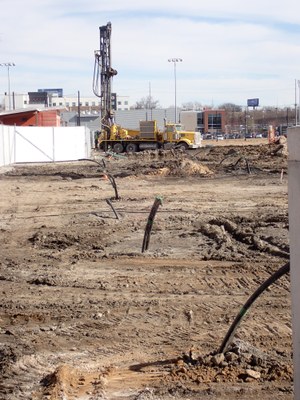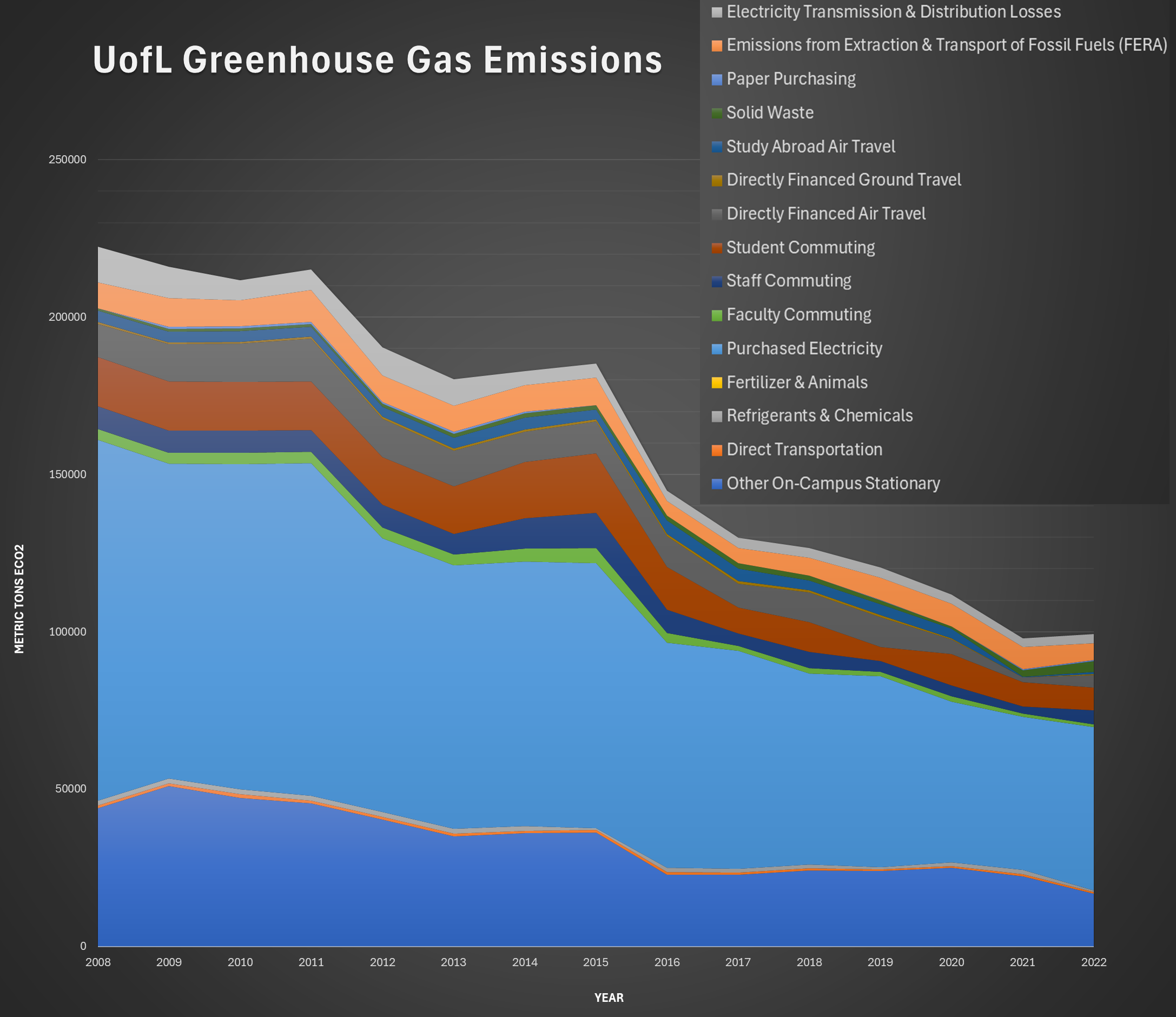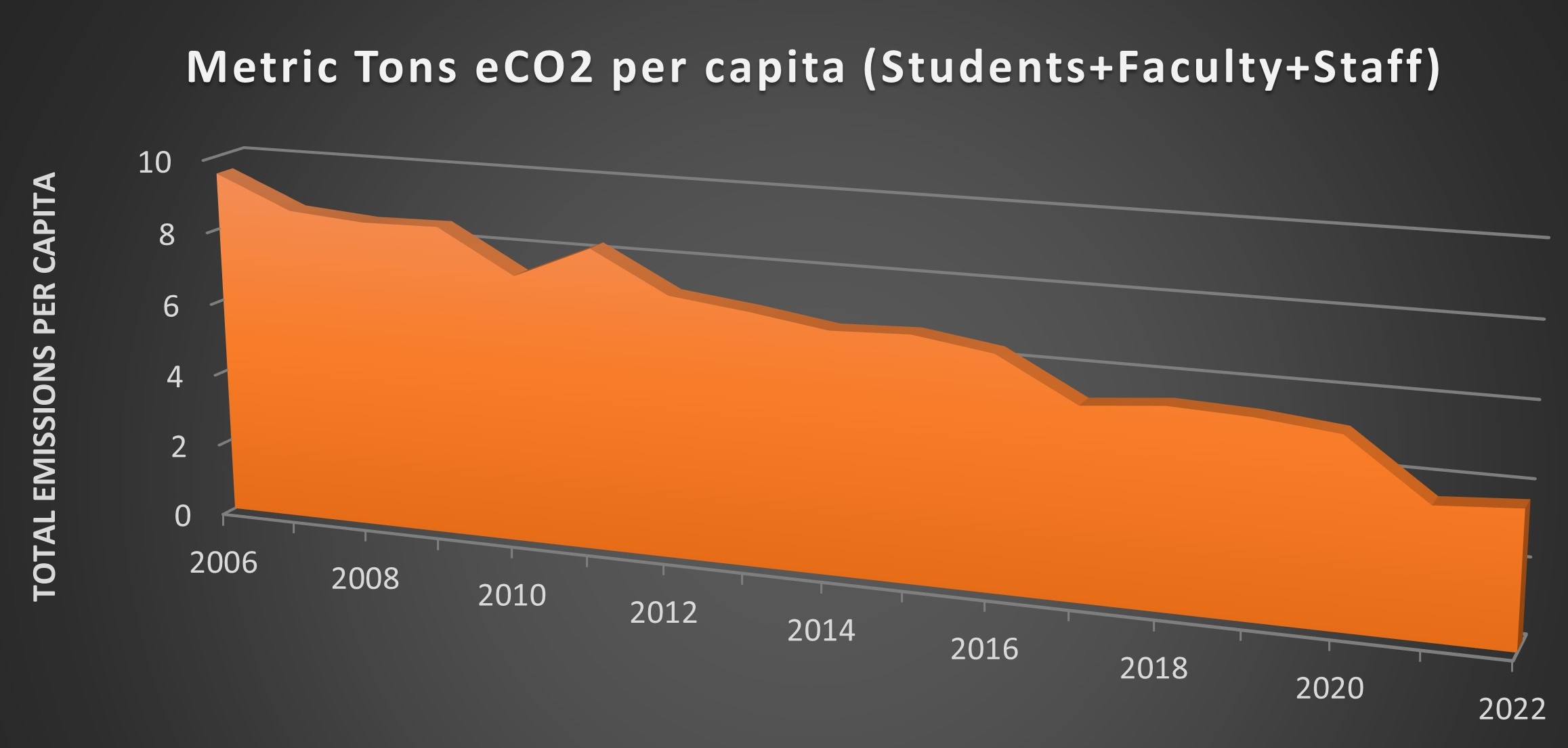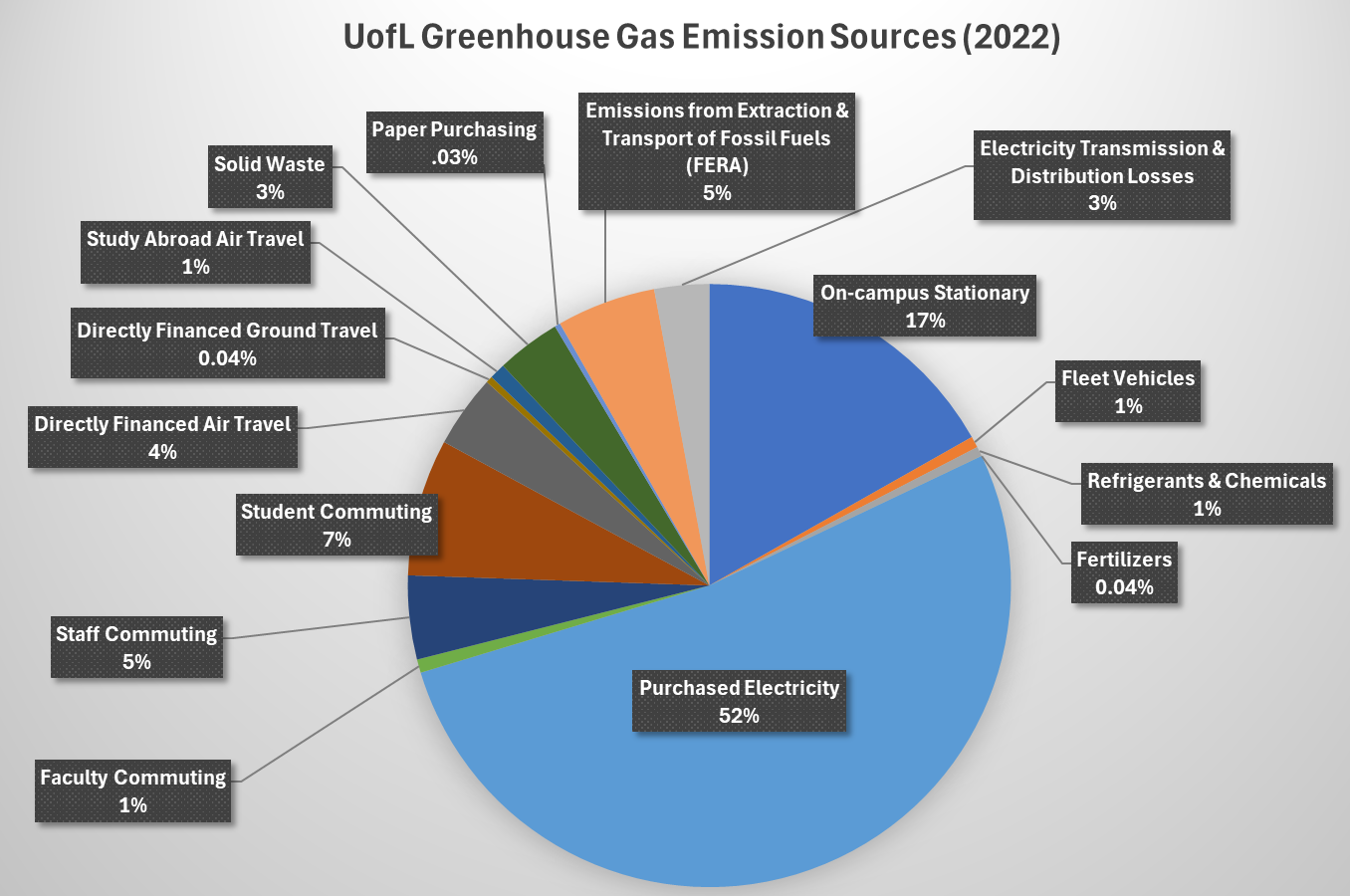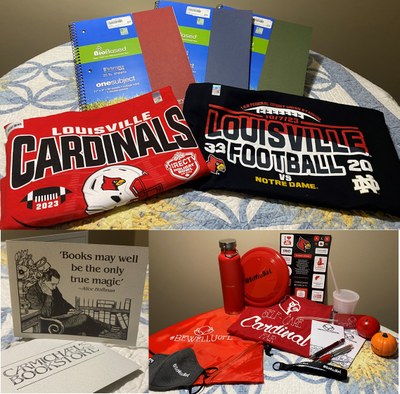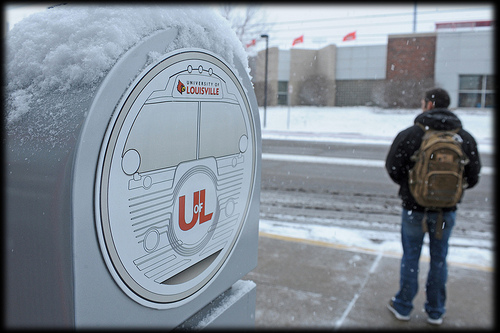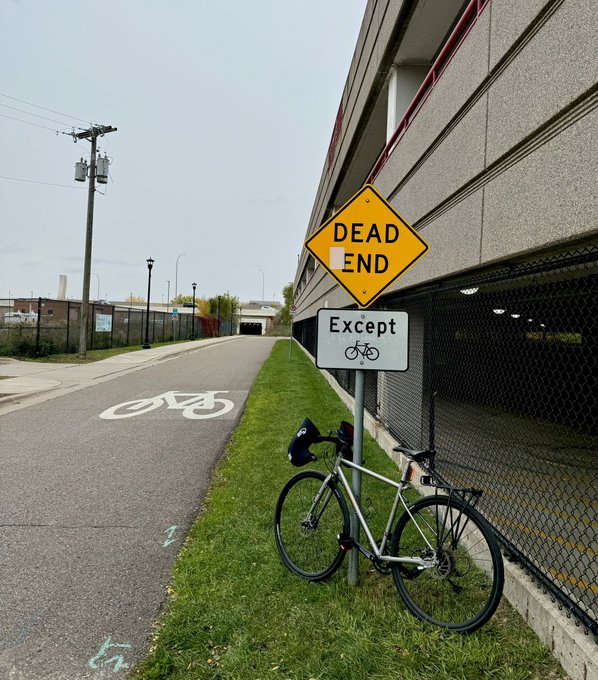
Recycle your electronic waste!
Don’t send your old electronics to the landfill! UofL’s Sustainability Council and the Cardinal eSports Team want to help you Trash the competition, not the planet! From Feb. 14th – March 13th, we have special collection points set up in the following locations:
- BAB (1st floor lobby)
- SAC (3rd Floor, beside W310 Student Affairs Office)
- Duthie Center at Speed School of Engineering (1st Floor Student Study Area, SE corner)
- HSC Kornhauser Library (1st floor lobby behind elevators) (426 W. Bloom St., 1st floor central hall by vending).
- There will also be a special Drive-up Drop-off Collection on Monday 3/4 from 8am-11am on the south side of the Clinical & Translational Research Building at UofL’s downtown Health Sciences Center (505 S Hancock St.), by the elevators for the 620 Garage. The contact for the Drive-up Drop-off is Skip Hurley (502) 599-6228.
Stop by any time to drop off any of the following types of personal electronics for recycling: all computers, monitors, televisions, printers, copiers, scanners, servers, networking equipment, fax machines, telephones and cellphones, RAM/memory, hard drives, battery backups, and peripherals such as keyboards, mice, speakers, AC adapters, and mixed computer cables/wires.
Separate bins will also be available for recycling of any type of battery, lamps/bulbs, or ink/toner cartridges.
This special collection is for your own personal items.
Departmental eWaste and lab equipment can always be recycled and picked-up for free. Here’s how to get university property picked-up for reuse/recycling:
Step 1: One of the following forms must be completed for the e-scrap item(s) to be picked up. All forms are located at the Inventory Control/Surplus Property website:
1. A pick-up request for computer hard-drives and laptop computers must be submitted using the “Computing Device Surplus Certification” form.
2. All other electronic items with a UofL Property tag bar-code must be submitted on a “TRANOVER” form (regardless of value).
3. All other electronic items valued over $1000 must be submitted on a “TRANOVER” form.
4. All other electronic items valued under $1000 should be submitted on a “TRANUND” form.
Step 2: After your form has been submitted on-line and has been reviewed by the appropriate department, Physical Plant personnel will come to your location and pick up designated items for reuse or recycling.
Wipe Your Data!
Please be sure to keep your data secure by wiping the data from all your devices prior to dropping off items for recycling. The EPA provides guidance for how to do this on all types of devices here.
Checklist for disposing your items:
- Verify that the item is included in the Items Accepted for Electronics Recycling list
- If the device functions and powers on, prepare the item by:
– Backing up important or sensitive data and information
– Removing the battery (if removable)
– Conducting a Hard Reset or Factory Reset on the device - Log out of all accounts associated with the device (i.e. email accounts, cloud storage accounts, social media accounts, etc.)
- If you have not conducted a Hard Reset or Factory Reset for the device(s), refer to the following instructions according to the device manufacturer:
– Wipe Your Android Phone: Settings > System > Advanced > Reset Options > Erase All Data (Factory Reset)
– Wipe your iOS [Apple] Device: Settings > General > Reset > Erase All Content and Settings
– Wipe your Windows PC: Settings > Update and Security > Recover > Reset this PC > Get Started. Select Remove All Personal Files when prompted.
– Wipe your Chromebook or Chrome Tablet: Settings > Advanced > Powerwash
– Wipe your iMac or MacBook: Power up or restart the device. Once the device is booting up, hold down Option + Command + R until a spinning wheel appears on the screen. Release the Option + Command + R keys then select the option ‘Reinstall macOS’ and click ‘Continue’. Follow the on-screen instructions when asked to select main hard drive to be wiped.
Batteries
All battery types are accepted for recycling, including:
- Alkaline (A, AA, AAA, C, D, 9-volt)
- Lithium hydride, sealed (Li)
- Nickel-cadmium, sealed (Ni-Cad)
- Nickel metal hydride (Ni-MH)
- Lead-acid, wet-celled (vehicle and golf cart type)
- Lead batteries, sealed (Pb)
- Mercury (Hg)
Lamps/Bulbs
The lighting wastes that can be dropped off for recycling include:
- Fluorescent light tubes
- Compact fluorescent bulbs, including U-tube and circular
- High-intensity discharge (HID) lamps, such as high pressure sodium and mercury vapor
- Ultra-violet (UV) lamps
- Halogen and xenon lamps
Ecolympics 2024
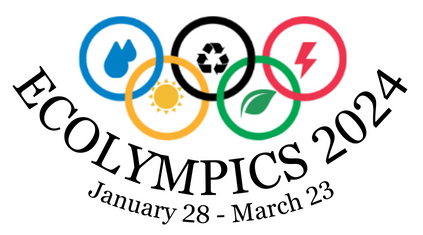
This is a special event of Ecolympics 2024 and the Campus Race To Zero Waste – January 28th to March 23rd. A friendly annual competition among North American universities. During this 8 week period, UofL will compete to reduce waste, increase recycling & composting, and raise conservation awareness across all three campuses! Keep up with the Cards progress at the Campus Race website.
Post your sustainable actions and tag @UofLSustainable or submit them through our online form to win the Grand Prize, or one of eight fabulous weekly prize baskets!
Prizes:
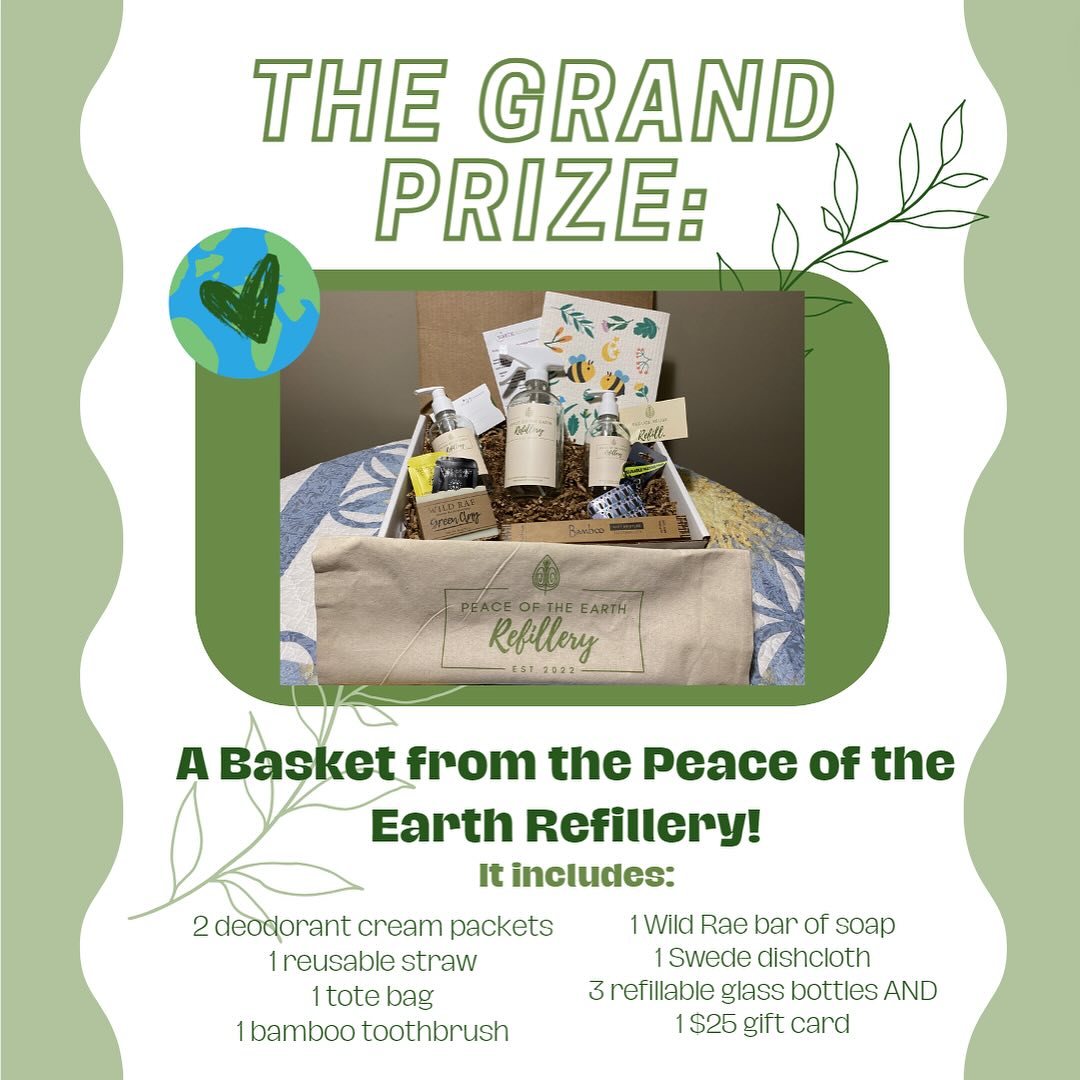
- Weekly prizes: At the end of each of the eight weeks of Ecolympics 2024, one person who has shared their sustainable action(s) will receive a themed gift basket!
- Grand Prize: One impressive Cardinal who takes the most sustainable actions during Ecolympics 2024 will take home our grand prize basket!
- Post your sustainable actions and tag @UofLSustainable or submit them through our online form throughout February & March to be entered into the competition! New winners will be picked each week! Enter as often as you can!







